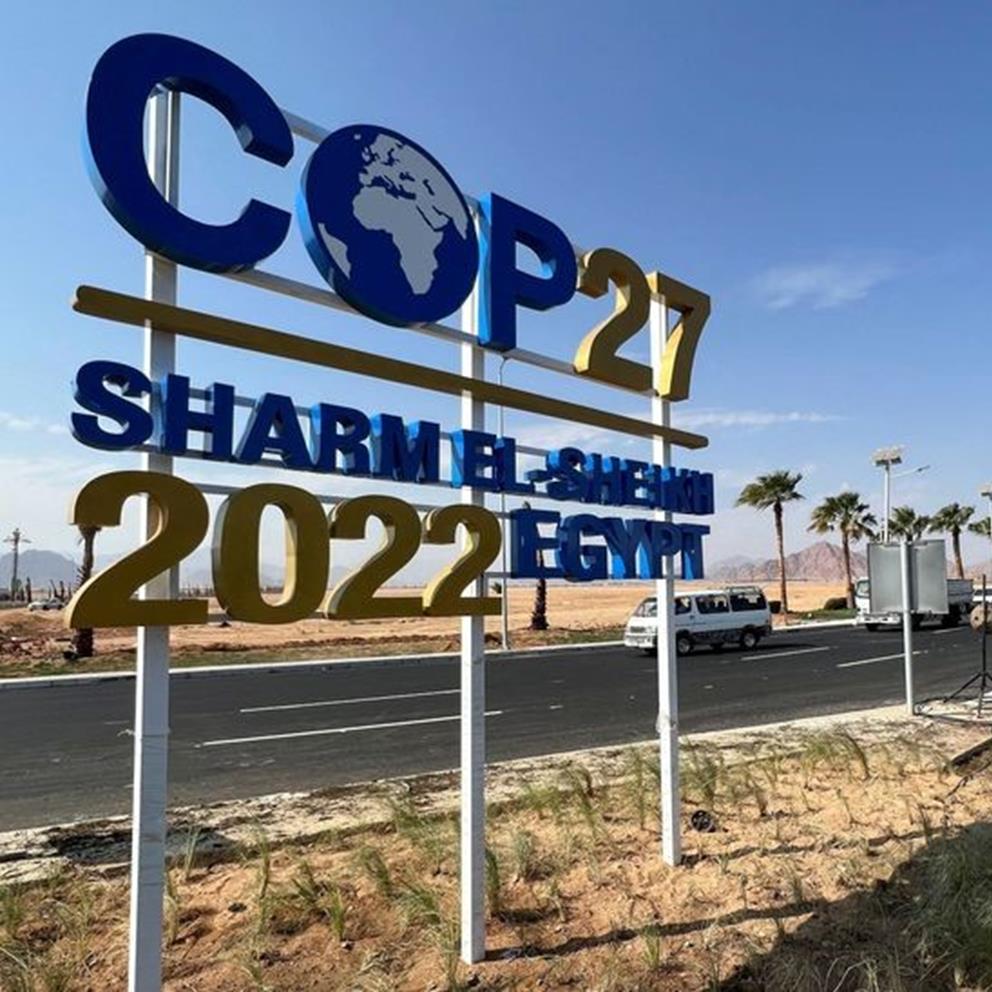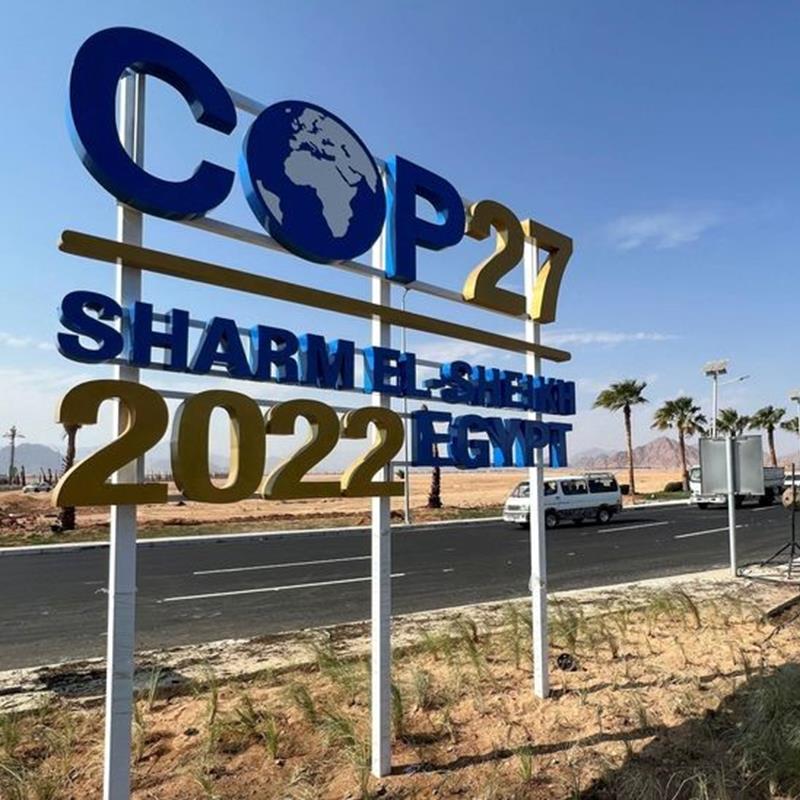

A fair COP
COP27 has officially kicked off in Egypt and will run until 18th November. The United Nations’ annual climate change conference, COP aims to agree on the actions required globally to tackle the climate crisis. A lot has changed since last year, when COP26 dominated headlines, so all eyes will be on this year’s conference as we wait and see what decisions will be reached by world leaders.
We still face the daunting challenges posed by a changing climate, along with other global concerns that may have the attention of politicians and policymakers. During this time of heightened geographical tensions between major economic players, it is difficult to see negotiators having the political will required to make the necessary difficult decisions. That said, this year we hope to see a clear plan for implementation of the commitments made previously. While we are doubtful there will be many big new commitments designed to reduce emissions, we rather hope to see the creation of solid blueprints to fulfil them. The result may well be more regulation as we work to meet the goals set by the Paris Agreement in 2015: to limit global warming to well below two degrees.
Heating up
This year has brought extreme weather phenomenon around the world – record temperatures globally, as well as floods, droughts, hurricanes and typhoons. As a result, climate change adaption and mitigation across industries and countries could be high on the agenda. As the event is being held in Africa, we could see a focus on the impact of climate change on emerging markets, which are more vulnerable to the impacts of a warmer planet.
Such countries could benefit from policies that encourage investment in domestic businesses helping the transition to clean energy, for example, as well as guidance and support on how to adapt and mitigate the effects of climate change. However, the scale of investment required will be much larger than any individual state can finance alone and so the global financial system will have to come together to resolve the climate crisis. African countries will be at the forefront, as this is where weather events like extreme heat, drought, and water shortages are already most evident. The practical solutions that are found to work there will need to be scaled and implemented globally, and this creates plenty of opportunities for investors to find businesses focusing on solutions in these areas.
Energy in the spotlight
As well as adaptation, it is likely that energy security will be discussed. Increasing the generation of renewable energy as a percentage of total energy output, as well as reducing energy consumption and increasing efficiency, are long term goals for COP members. Conversations are required to discuss how governments, companies and investors can better work together to plug gaps in low-carbon infrastructure, or, alternatively, develop new sustainable industries in these areas.
While we may not see any meaningful steps forward as a direct result of COP27, we have seen positive moves outside of the event, like the Inflation Reduction Act in the US. The IRA aims to promote increased global competition and investment into climate technologies, which is likely to speed up the pace of adoption of these technologies around the world. We access themes like changing climate and energy transition in the Ravenscroft Global Solutions Fund*, which invests in businesses solving some of the world’s greatest challenges. It invests in businesses that are aiming to meet the needs of the current generation without compromising the needs of generations to come. As the world recognises the importance of investment into these areas, we feel the Global Solutions Fund stands to benefit.
*Global Solutions is only available to Channel Island investors.

